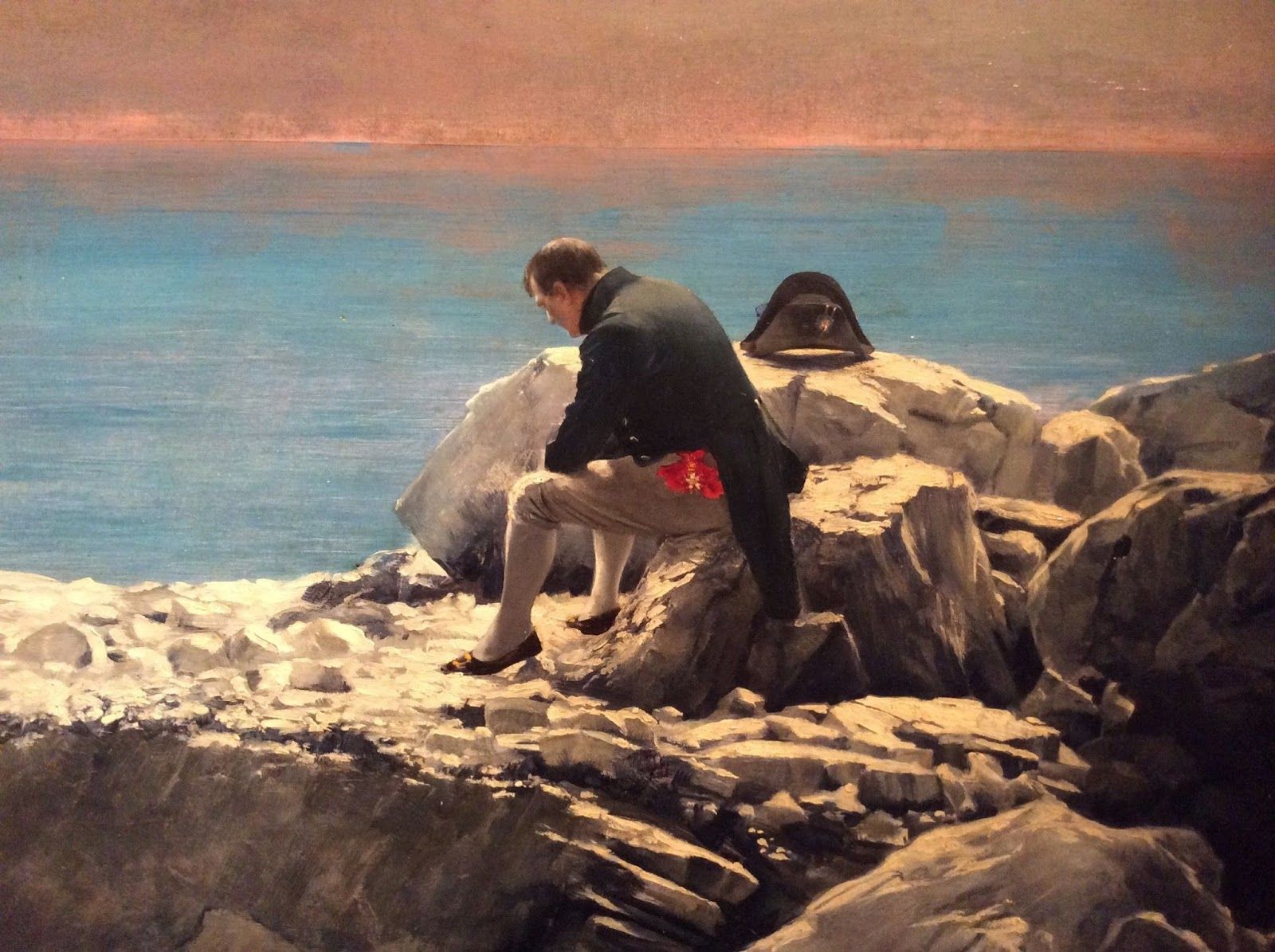Napoleon: A Life - Andrew Roberts
Napoleon > Caesar > Alexander

Quotes
"The reading of history very soon made me feel that I was capable of achieving as much as the men who are placed in the highest ranks of our annals"
"His acceptance of the revolutionary principles of equality before the law, rational government, meritocracy, efficiency and aggressive nationalism fit in well with his ethos"
"His fathers early death may also in part explain Napoleon's own drive and boundless energy: he suspected, correctly that his own lifespan would be short."
"[While he was in military school,] He ate only once a day at 3 p.m., thereby saving enough money from his officer's salary to send some home to his mother; the rest he spent on books. He changed his clothes once every eight days. He was determined to continue his exhaustive autodidactic reading program"
"I lived like a bear, in a little room, with my books for my only friends ... These were the joys and debaucheries of my youth." - Napoleon
"For Napoleon there was no such thing as too much work."
"You know my destiny lies in the hazard of combat, in glory or in death." - Napoleon
"... but he captured the spirit of activity that Napoleon radiated, his confidence, his obsessive demand for information, which was to be a feature throughout his life, and his love of his wife."
"Vaulting ambition can be a terrible thing, but if allied to great ability -- a protean energy, grand purpose, the gift of oratory, near-perfect recall, superb timing, inspiring leadership -- it can bring about extraordinary outcomes"
"Nothing is so important in war as an undivided command"
"An aide-de-camp wrote of how much his staff 'admired the strength of mind and the facility with which he could take off or fix the whole force of his attention on whatever he pleased'"
"Since the [Italian] campaign had begun a year earlier, Napoleon had crossed the Apennines, and the Alps, defeated a Sardinian army and no fewer that six Austrian armies ... All this he had done before his twenty-eigth birthday. Eighteen months earlier he had been an unknown, moody soldier writing essays on suicide"
"Napoleon taught ordinary people that they could make history, and convinced his followers they were taking part in an adventure, a pageant, an experiment, an epic whose splendor would draw the attention of posterity for centuries to come"
"Winning is not enough if one doesn't take advantage of success" - Napoleon
"Napoleon was a bonafide intellectual ... He championed science and socialized with astronomers... And he went nowhere without his large, well-thumbed travelling library."
"Europe is watching you. You have a great destiny to fulfill, battles to fight, dangers and hardships to overcome. You hold in your hands the future prosperity of France, the good of mankind, and your own glory." - Napoleon [To his Mediterranean army before invading Egypt]
"Everything passes rapidly on Earth, with the exception of the mark we leave on history" -Napoleon
"Napoleon was excellent at prioritization, dealing immediately with urgent matters, placing important but not urgent papers in a stack to be dealth with afterwards, and throwing anything he considered unimportant onto the floor."
"To live is to suffer, and a human being who is worthy of honor must always struggle for mastery of self." -Napoleon
"More battles are lost by loss of hope than loss of blood" -Napoleon
"Posterity would never have seen the measure of your spirit if it had not seen it in misfortune" - Mole [in a letter to Napoleon, March 1813]
"Public opinion is an invisible, mysterious, irresistible power. Nothing is more mobile, nothing more vague, nothing stronger. Capricious though it is, nevertheless it is truthful, reasonable, and right much more often than one might think" - Napoleon
"Other than on the battlefield itself, it was here [in the conseil d'etat] that Napoleon was at his most impressive. His councillors bear uniform witness -- whether they later supported or abandoned him, whether they were writing contemporaneously or long after his fall -- to his deliberative powers, his dynamism, the speed with which he grasped a subject, and the tenacity never to let it go until he had mastered its essentials and taken the necessary decision ... 'A tireless worker with inexhaustible resources, he linked and coordinated the facts and opinions scattered throughout a large administration system with unparalleled wisdom' he quickly taught himself to ask short questions that demanded direct answers."

